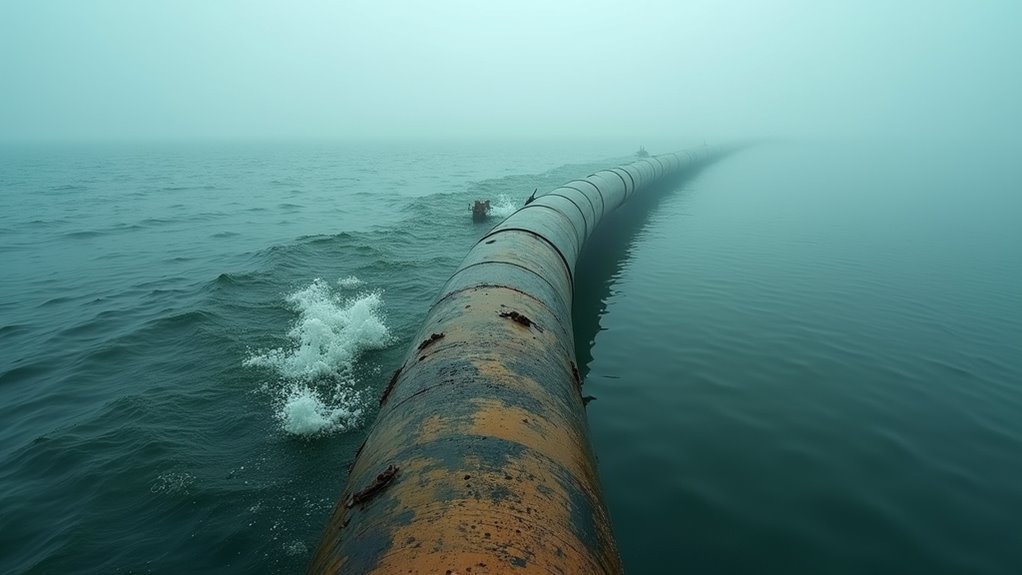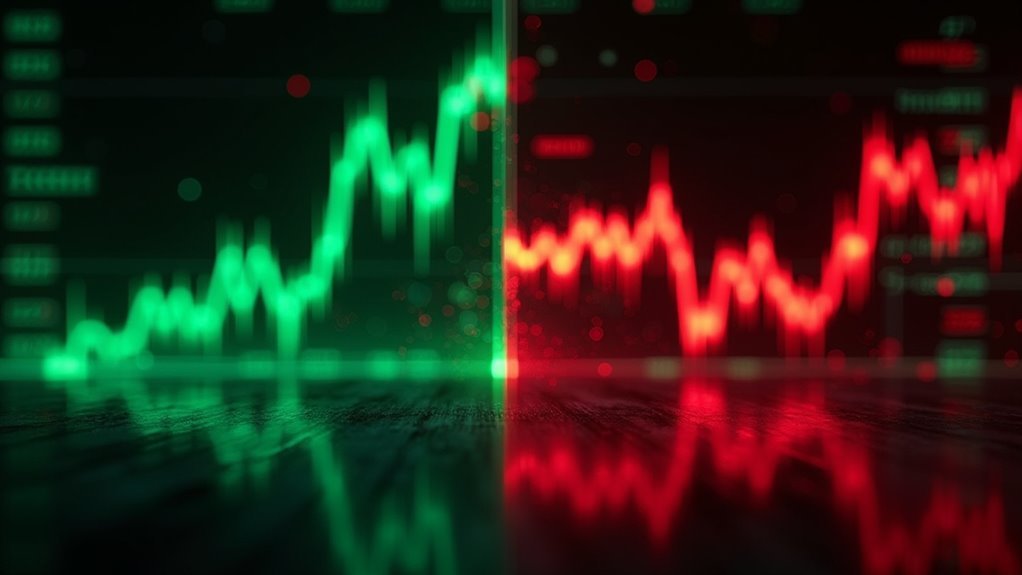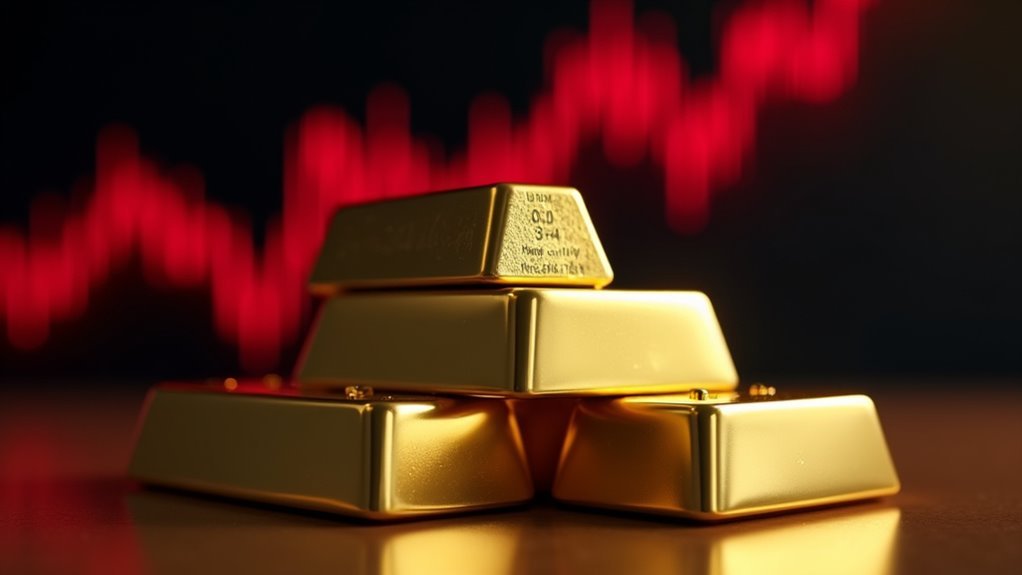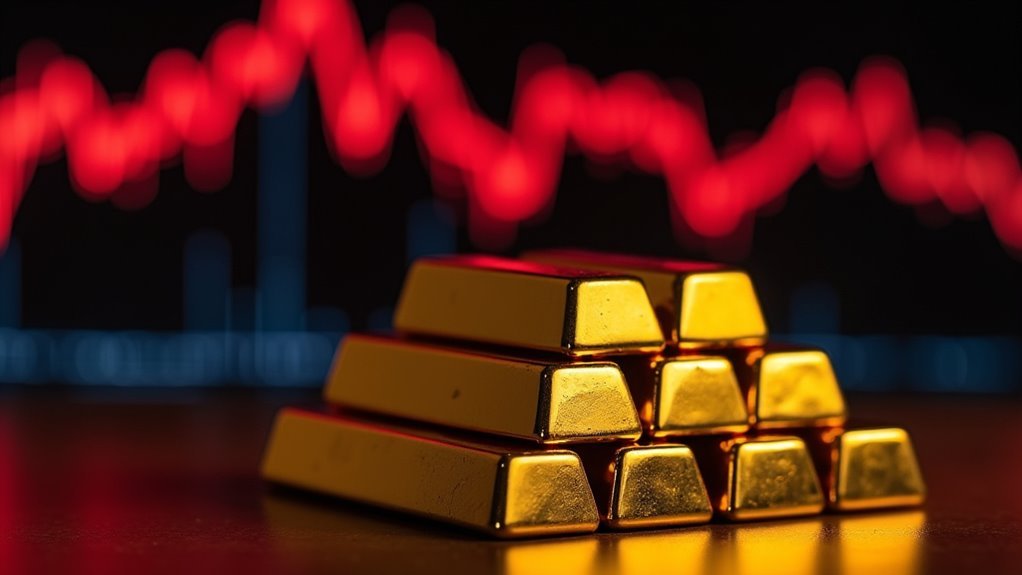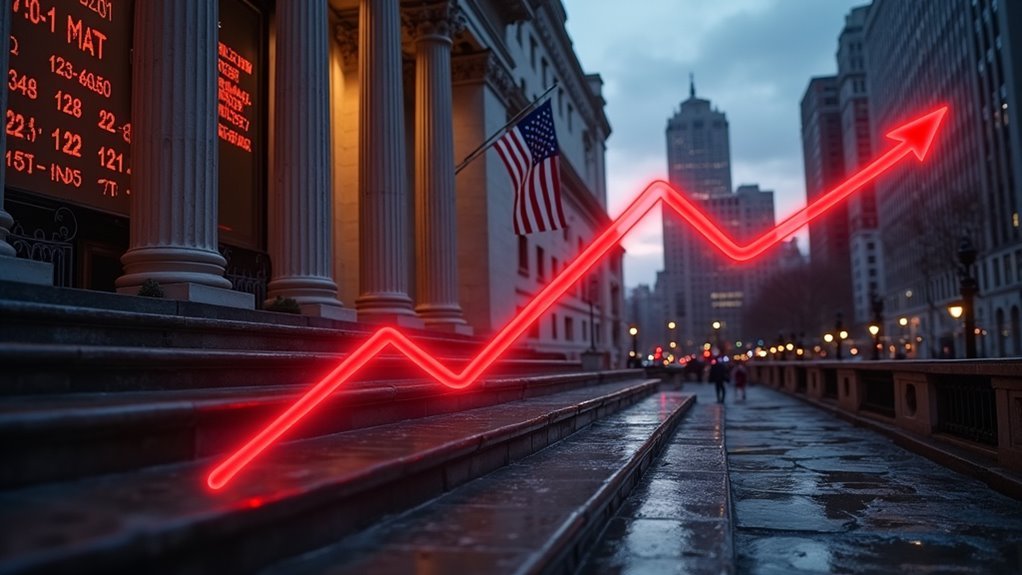As Europe grapples with its energy future, the controversial Nord Stream 2 pipeline looms like a Russian ghost over the continent’s security landscape. This isn’t just another pipeline debate – it’s a geopolitical nightmare wrapped in environmental concerns and sprinkled with enough financial drama to make Wall Street blush.
The numbers tell a grim story. The pipeline explosions in September 2022 released between 100,000 and 400,000 tonnes of methane into the atmosphere – the worst methane release in human history. Talk about a climate catastrophe. Meanwhile, major companies are bleeding money: Shell might wave goodbye to $1 billion, Wintershall Dea wrote off €1 billion, and Uniper took a €987 million hit. Ouch.
Russia’s grip on European gas markets through Nord Stream 2 isn’t just about keeping homes warm – it’s about political leverage. Moscow knows exactly what it’s doing, using gas supplies like a political puppet master. The US State Department didn’t mince words when they called it a vehicle for Russia’s malign influence. And they’re not wrong. Conservative politicians in Germany have suggested that market forces could make Russian gas an attractive option compared to alternatives.
The pipeline’s fate has created rifts deeper than the Baltic Sea it lies in. Germany suspended certification in February 2022, while US sanctions sparked outrage from European allies. The massive 1,234 kilometer undersea pipeline represents one of the most ambitious energy infrastructure projects in European history. It’s like watching a diplomatic soap opera, except the consequences are real and potentially devastating. Eastern European countries, particularly Ukraine, stand to lose big time if the pipeline ever reopens.
The security concerns are equally troubling. After the sabotage incidents, everyone’s nervous about protecting critical energy infrastructure. Swedish, German, and Danish investigators are still trying to piece together what happened, while arrest warrants float around for suspected saboteurs.
Let’s be real: any talk of reopening Nord Stream 2 is like suggesting Europe should voluntarily hand over its energy security to a neighbor who’s already proven untrustworthy. The European Commission President made it clear – the pipeline’s future depends on Russia’s actions.
And right now, that future looks about as promising as a chocolate teapot.
